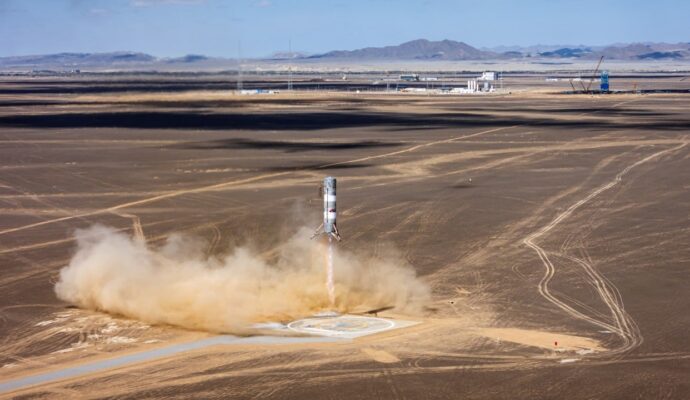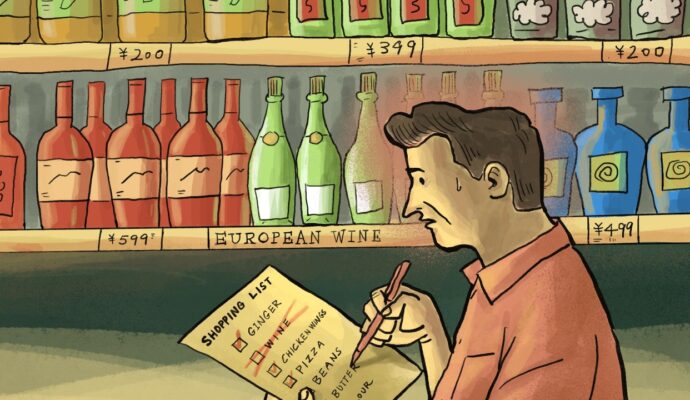“I am hanging in with the government’s payroll protection plan and a small business loan from the government.”
Jiang might consider himself among the fortunate of Marathon County, which has a population of 138,000, as around 100 farmers have quit growing ginseng altogether, said Katie Rosenberg, mayor of the county seat of Wausau.
She said the normally US$20 million crop makes up a third of the agricultural county’s economy, with dairy and beef making up the remainder.
“It’s so typical to blast off on China in a way that’s not helpful,” Rosenberg said. “It hurts us to have a bad relationship with the world’s second-largest economy.”
Tariffs have fallen back to 32 per cent, but they are still higher than the pre-2018 level of just 7.5 per cent.
Beijing has long called for the removal of the US punitive tariffs and this issue could be raised when US Treasury Secretary Janet Yellen begins a four-day visit to China from Thursday.
Making shipments more expensive, the Chinese consulate in Chicago must also notarise ginseng exports from Marathon County, with more documentation rigours following at entry ports in China, Rosenberg added.

